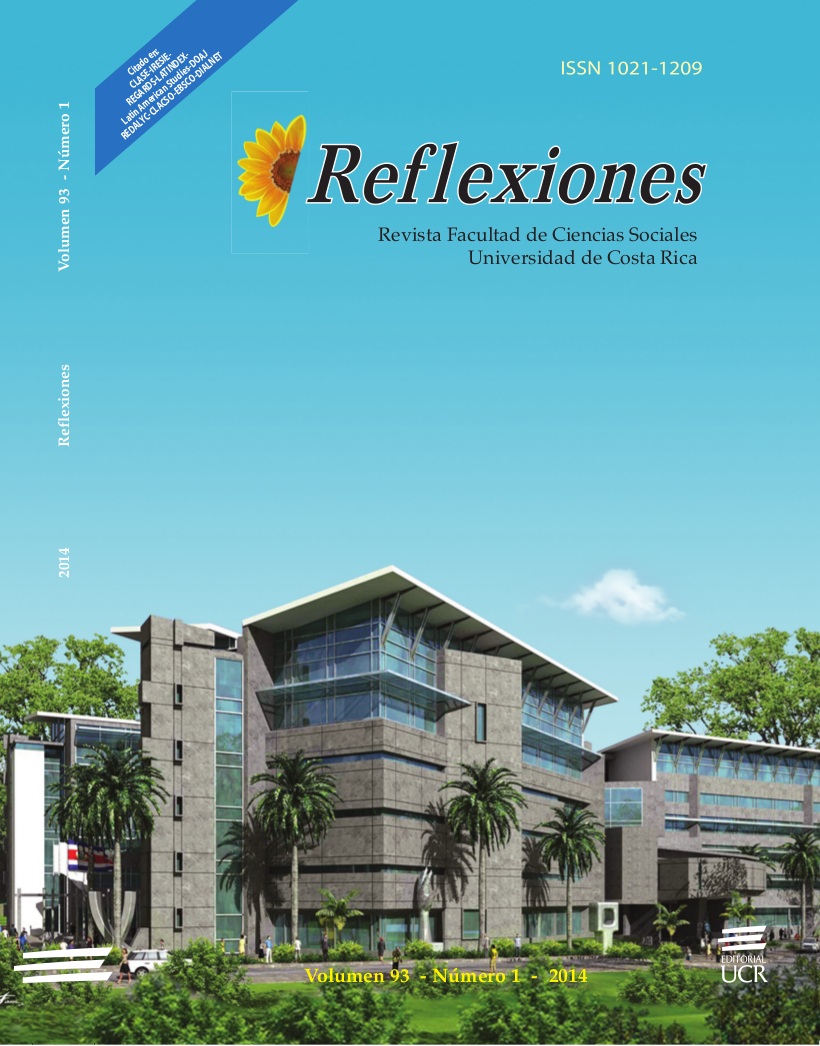Abstract
A decision conflict is present when a person wants and, simultaneously, not wants to follow an action course. This paper describes firstly the double decision conflict on the physicist Werner Heisenberg: Conflict regarding decisions of going into exile or to remain in the Nazi Germany, and with regard to the degree of scientific collaboration with the Nazi regime to create an atomic bomb. Secondly, discusses the fact that on the summer of 1945 while Oppenheimer was celebrated by his success in coordinating the Manhattan project, which made possible the atomic destruction of Hiroshima and Nagasaki, Heisenberg was in detention for his scientific collaboration with the Nazi regime even when the collaboration was parsimonious and limited. Finally, the Author discusses the ethical and practical problem of the relation between science and power: when scientists forced to serve power are judged lately according to victories and defeats of such power that personally are not imputed to them.Comments
Downloads
Download data is not yet available.

